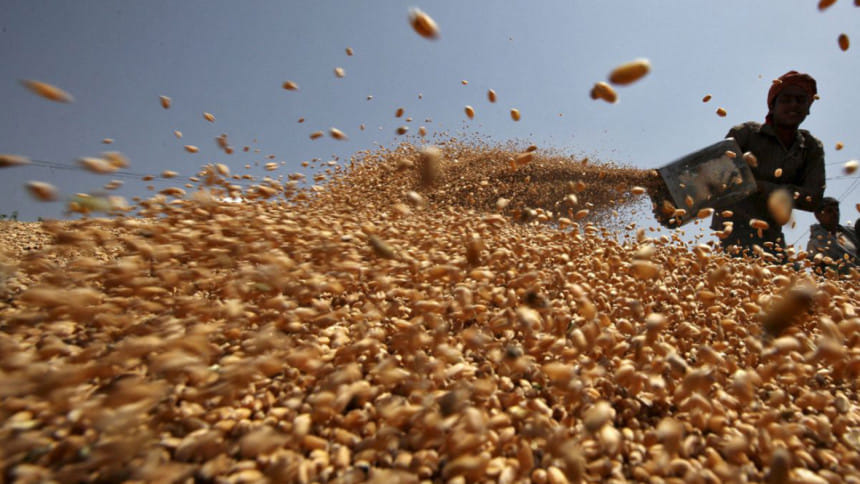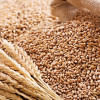India considers wheat exports to Bangladesh, other countries

India is processing the requests from several countries, including Bangladesh, on supplying wheat to them, said M Angamuthu, chairman of the Agricultural and Processed Food Products Export Authority (APEDA).
India has kept its wheat export options open for developing countries to ensure their food security after a restriction on the shipment was announced last month, he said.
Angamuthu, however, declined to name the countries.
The sources said New Delhi has received letters seeking wheat supplies from Bangladesh, Yemen, Indonesia, the UAE and Oman.
"India is studying the wheat requirements of the five countries and the availability of wheat in our stock," the source said, adding these countries would be given priority in wheat export.
According to estimates by the Directorate General of Foreign Trade, India exported a record seven million tonnes of wheat in 2021-22 worth $2.05 billion. Around 50 per cent was exported to Bangladesh.
India banned wheat exports amid spiralling global prices on May 13. At that time, the Indian commerce ministry clearly stated that the export of the staple food would be open under the government-to-government contract and to any other vulnerable country facing a food crisis.
Even though India is the world's second-biggest wheat producer, it is relatively a small player in the global wheat trade.
In order to ensure that Indian farmers with surplus wheat are not adversely affected on account of export regulation, the government extended the procurement season.
The extension facilitated the farmers, who had not participated in public procurement earlier but were holding the stocks, to come to purchase centres for selling the item to state-owned Food Corporation of India and other state procuring agencies.
The move from India came as the global food crisis is deepening.
World Trade Organisation (WTO) Director-General Okonjo Iweala Ngozi on Sunday said countries should not underestimate the impact of export restrictions on wheat, adding as such curbs can worsen the ongoing global food crisis.
India's decision to restrict wheat export was taken to ensure the availability of wheat in the domestic market as a sudden spurt in exports in April created concerns over domestic price stability and supply.
The global wheat market is currently volatile and prices have remained at elevated levels owing to the shortage caused by the Russia-Ukraine conflict.

 For all latest news, follow The Daily Star's Google News channel.
For all latest news, follow The Daily Star's Google News channel. 






Comments